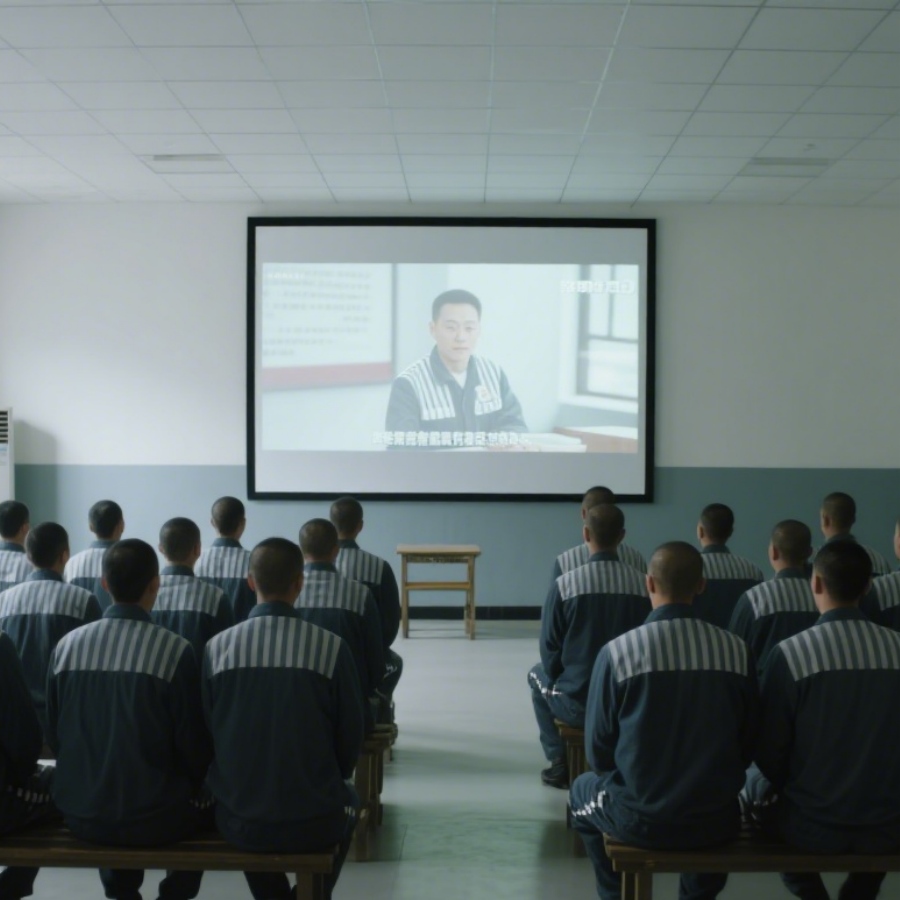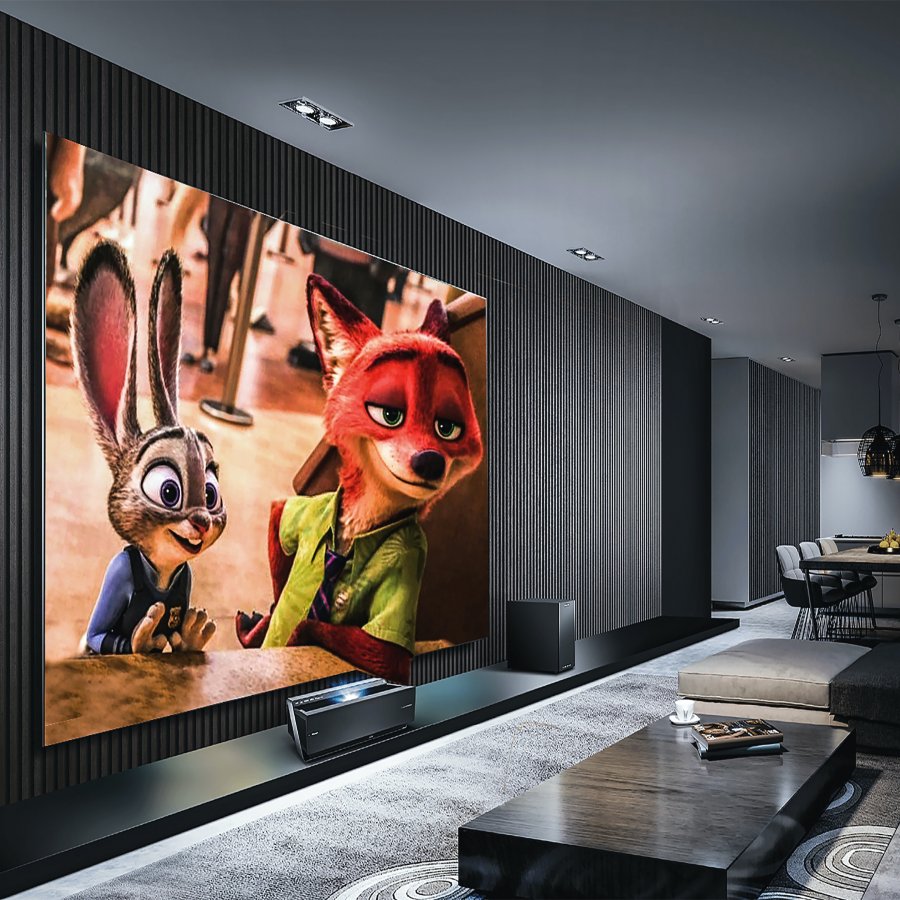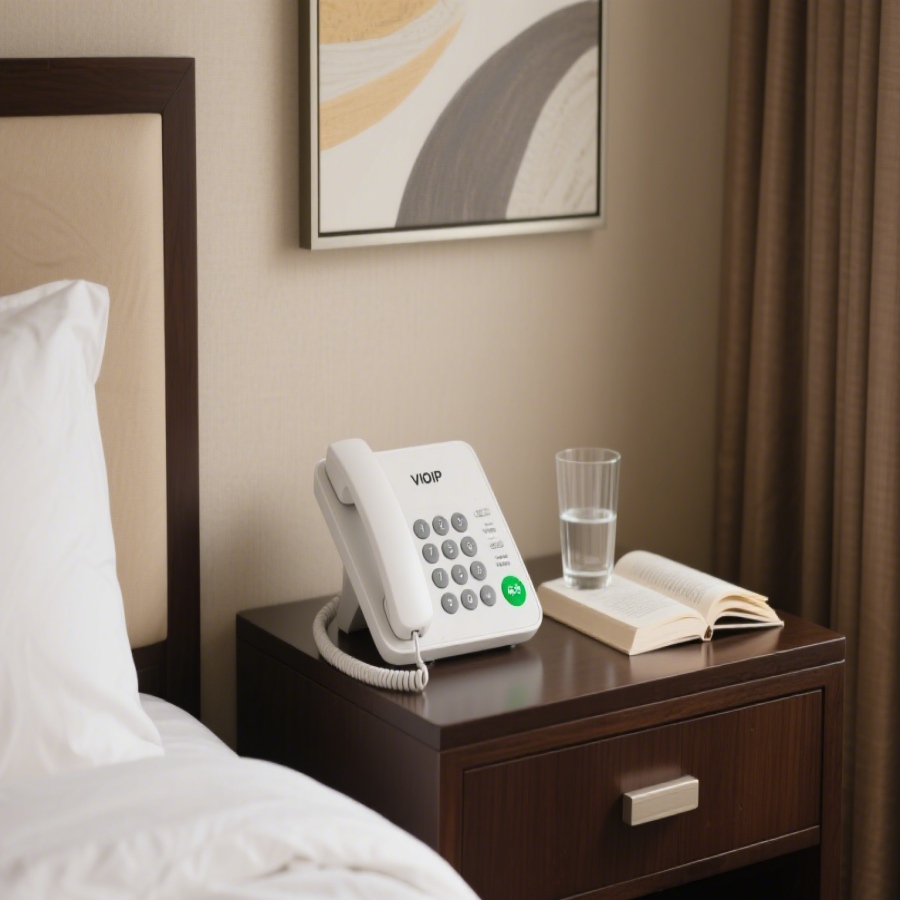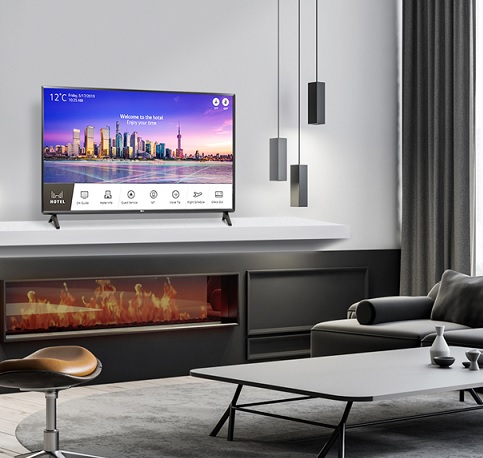Wireless vs. Wired: A Decision Guide for Hotel Intelligent Guest Room Control Systems
Wireless vs. Wired: A Decision Guide for Hotel Intelligent Guest Room Control Systems In the wave of smart hotel construction, intelligent guest control systems have become a standard for enhancing competitiveness. Standing at the technological crossroads, hotel professionals first face a critical question: How should one choose between wireless and wired intelligent guest control systems? This contest between wireless and wired technologies is, in reality, a comprehensive consideration across multiple dimensions: installation convenience, system stability, cost investment, and more. From the perspective of installation and deployment, wireless intelligent guest control systems undoubtedly come with an "aura of convenience." They break free from the constraints of traditional wiring, eliminating the need for extensive pre-embedded conduits during the decoration phase, making the construction process simple and flexible. Wireless systems show even greater advantages when retrofitting existing hotels for intelligence. For instance, a well-established business hotel chose a wireless solution for its smart guest control system upgrade and completed the installation and debugging of all guest rooms in just one week, with minimal impact on normal operations. In contrast, the installation of a wired system can be considered a "major project." It requires planning the cable routes early in the hotel's decoration stage, involving processes like wall chiseling and pipe laying. This not only leads to a long construction cycle but may also pose challenges for future modifications if the initial cable layout is unreasonable. Once cable damage occurs, troubleshooting and repairs are complex and might require damaging walls, floors, and other finishes, leading to additional costs and time loss. Stability is a key metric for evaluating the quality of an intelligent guest control system. Wired systems, by virtue of their physical connections, offer stable and reliable data transmission, largely immune to external signal interference, ensuring the stable operation of various devices in hotel rooms. In high-end hotels or those used for government receptions where system stability is paramount, wired guest control systems are highly favored. For example, a state-level guesthouse employing a wired intelligent guest control system maintained zero failures during important reception tasks, providing guests with a stable and smooth intelligent experience. The stability of wireless systems, however, is somewhat dependent on the network environment. In areas with severe signal interference, such as dense commercial districts with numerous wireless devices, or in hotels with complex structures causing signal attenuation, wireless systems might experience issues like signal dropouts or delays, affecting normal device operation. Nevertheless, with the development of IoT technology, new-generation wireless technologies like Zigbee and LoRa have shown significant improvements ...







